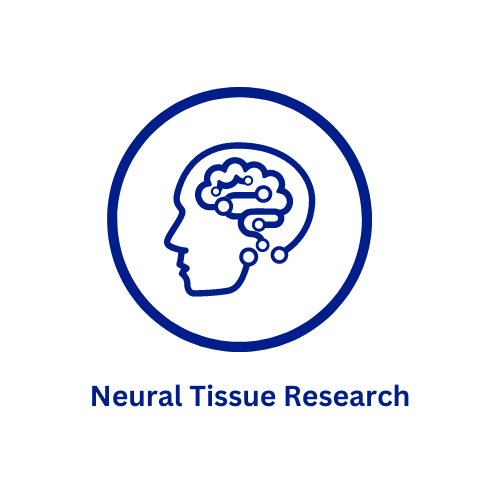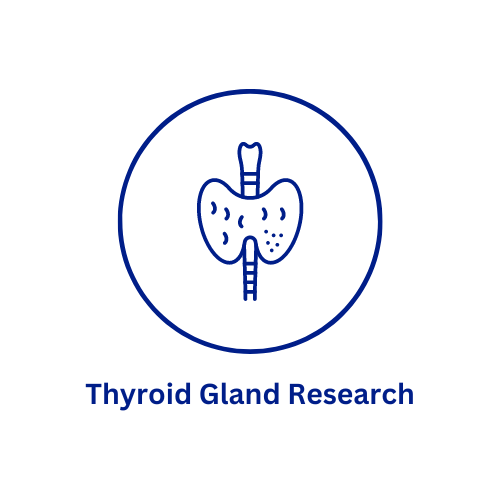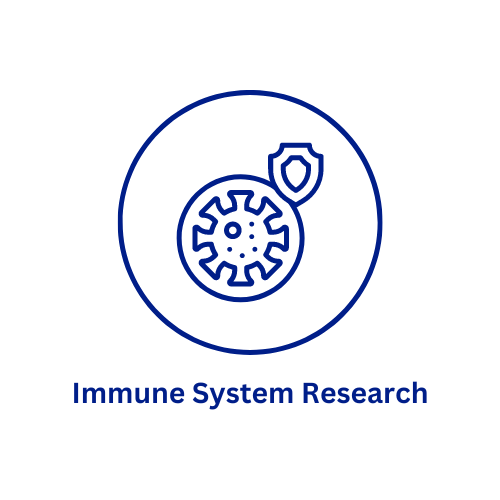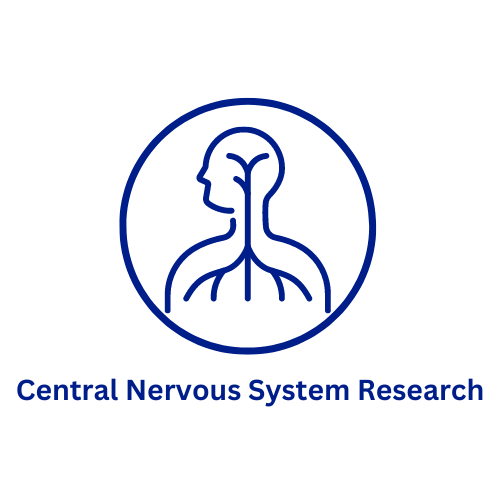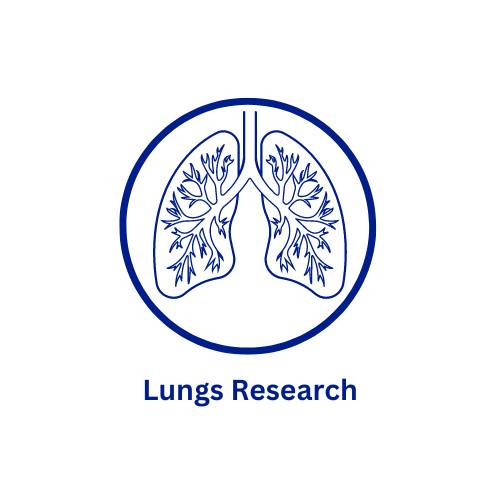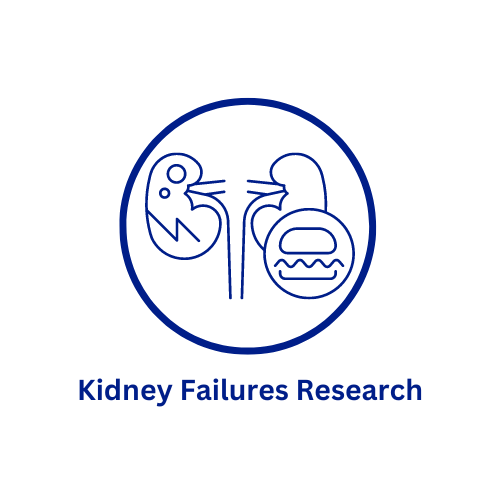Peptide Bioregulators Research
A peptide bioregulator is a short chain of amino acids that can regulate biological processes in the body. These peptides typically consist of 2-4 amino acids and are designed to interact with specific cells or receptors to promote or modulate various physiological functions. Here’s a more detailed breakdown:
Key Features of Peptide Bioregulators
1. Short Chains: They are composed of a small number of amino acids, usually between 2 and 4, which makes them distinct from larger proteins and longer peptides.
2. Specificity: Peptide bioregulators are designed to target specific cells, tissues, or receptors, allowing them to exert precise biological effects.
3. Regulatory Functions: They can influence a wide range of bodily functions, including cellular repair, immune response, hormone regulation, and gene expression.
How They Work
– Cellular Communication: Peptide bioregulators function by mimicking or influencing natural peptides in the body. They can bind to specific receptors on the surface of cells, triggering a cascade of intracellular events that regulate cell function.
– Gene Expression: Some peptide bioregulators can enter the cell nucleus and affect gene expression, leading to changes in protein synthesis and cellular behavior.
– Tissue Specificity: These peptides often have tissue-specific actions, meaning they can selectively target and influence particular types of tissues or organs, such as the liver, brain, or immune system.
Applications
1. Medical Therapeutics: Peptide bioregulators are used in medicine to treat various conditions by restoring or enhancing normal biological functions. For example, they can be used to accelerate wound healing, modulate immune responses, or improve cognitive function.
2. Anti-Aging: In the field of anti-aging, peptide bioregulators are utilized to promote cellular rejuvenation, enhance tissue repair, and improve overall vitality.
3. Sports Medicine: Athletes may use peptide bioregulators to aid in recovery from injuries, improve muscle performance, and reduce inflammation.
Safety and Regulation
While peptide bioregulators hold promise for various therapeutic applications, it’s important to note that their safety and efficacy can vary. They are often subject to regulatory scrutiny, and their use should be guided by medical professionals.
In summary, peptide bioregulators are short chains of amino acids that regulate specific biological processes in the body, with potential applications in medicine, anti-aging, and sports medicine. Their targeted action and ability to modulate cellular functions make them a powerful tool in various therapeutic contexts.
